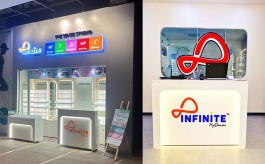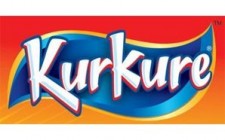Milking the local connections
May 06, 2016
Two hyperlocal dairy brands, Aavin and Nandini, are building capacity and tightening supply chains as they rise up the popularity charts
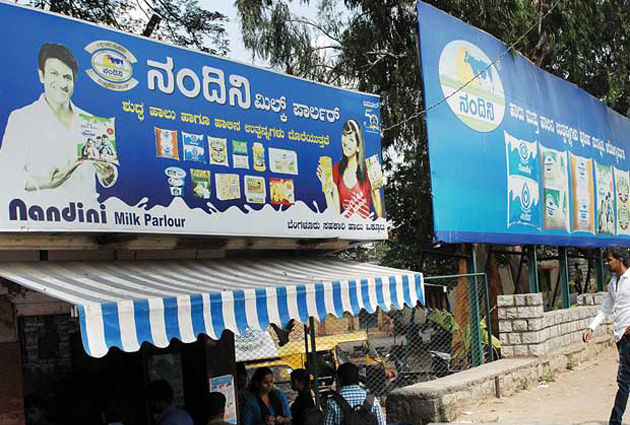 Last year, the IMRB-Kantar Brand Footprint survey had two surprise entrants to the top ten Indian brands in terms of consumer reach points: Nandini and Aavin, both dairy brands from Karnataka and Tamil Nadu respectively. And then a few weeks back, Nandini popped up on Euromonitor's list of top ten fastest growing food brands in India. What is driving the rise of the two hyperlocals in the crowded dairy sector?
Last year, the IMRB-Kantar Brand Footprint survey had two surprise entrants to the top ten Indian brands in terms of consumer reach points: Nandini and Aavin, both dairy brands from Karnataka and Tamil Nadu respectively. And then a few weeks back, Nandini popped up on Euromonitor's list of top ten fastest growing food brands in India. What is driving the rise of the two hyperlocals in the crowded dairy sector?One reason is the growing influence of regional brands, or hyperlocals, around the world. The IMRB Kantar Brand Footprint report (2015) said, "With the exception of Coca- Cola, top brands per country are invariably local, integral to a country's culture." Both Nandini and Aavin have leveraged their strong local roots to gain acceptance among the communities they serve.
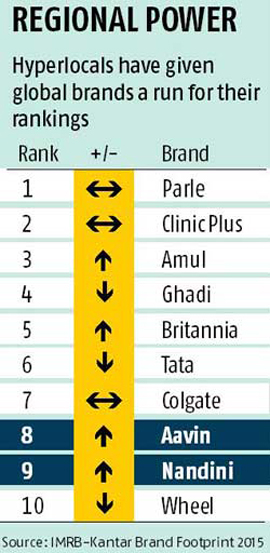 Aavin is the trademark of Tamil Nadu Co-operative Milk Producers' Federation and Nandini, of the Karnataka Milk Federation (KMF). Both have taken on the might of big dairy co-operatives and local private sector brands. Trust, penetration, service and scale, say officials associated with the brands, have been critical to the growth story. In the IMRB-Kantar report, Virginia Garavaglia, Global Brand Footprint Project Director said, "We see local brands taking number one position in more than three quarters of the 35 countries profiled. These brands tend to be tried and trusted by almost every household in the country."
Aavin is the trademark of Tamil Nadu Co-operative Milk Producers' Federation and Nandini, of the Karnataka Milk Federation (KMF). Both have taken on the might of big dairy co-operatives and local private sector brands. Trust, penetration, service and scale, say officials associated with the brands, have been critical to the growth story. In the IMRB-Kantar report, Virginia Garavaglia, Global Brand Footprint Project Director said, "We see local brands taking number one position in more than three quarters of the 35 countries profiled. These brands tend to be tried and trusted by almost every household in the country."Trusted and talked about
Given the limited budgets that co-operative brands operate with, it is important to reach as many households as possible with a service that gets talked about. Word-of-mouth publicity, these brands believe, makes up for lack of television commercials and print ads.
The first step is to create a pool of loyal users around local areas of influence. "Co-operative brands will be strong and dominate areas in and around places where they have processing facilities," said an official from Aavin, which has focused on increasing its geographical spread.
Nandini has also widened its reach, but Ravi Kumar Kakade, director of marketing at KMF believes there is more to be done. He said that co-operative brands need to beat the drum more. "We do lots of promotional activities but the pace has to be enhanced," he added. Nandini has roped in popular Kannada actor Puneeth Rajkumar as its brand ambassador.
Kakade wants a pan-Indian presence for the brand. "We have been striving to evolve a budget similar to Amul but there are hiccups," he said. Dairy brands also need to offer a wide range of products and for that, an official with Aavin said, co-operatives must build a strong chain of suppliers and distributors.
Scale and penetration
Aavin and Nandini have worked hard at scaling up, building up procurement facilities and creating a processing and distribution network, but there is quite a lot of catching up to do. For instance, in Tamil Nadu the demand for milk is around seven million litres; Aavin procures only around 30 lakh litres. It has, over the last four years or so, invested over Rs 409 crore to improve its dairy infrastructure. Today the societies can process five lakh litres of milk a day and the aim is to add another eight lakh litres per day by the end of this year.
Kakade said, "Reach improves, penetration improves and that automatically highlights the brand image." Both Aavin and Nandini are competitively priced. "Being a co-operative, the process is transparent and there is not a huge mark-up between the price paid to the dealer and that paid by the consumer," Kakade said.
Aavin is cheaper than most other private brands and offers further discounts to regular buyers. "Profit is not their motto and they have government's support," said C K Ranganathan, founder-chairman of FMCG major CavinKare whose products compete with Aavin. However, he added, in metros there are many who are not price sensitive and lean towards private dairy brands for their service.
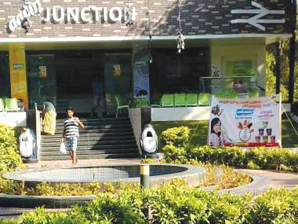 Kakade believes that Nandini's service is comparable to that of any private sector brand. "The feedback is that consumers don't want to migrate to other brands," he said. Also Aavin has a 24-hour support cell to deal with availability and other issues.
Kakade believes that Nandini's service is comparable to that of any private sector brand. "The feedback is that consumers don't want to migrate to other brands," he said. Also Aavin has a 24-hour support cell to deal with availability and other issues.While the two have managed to step across many hurdles, they are still vulnerable to the whimsical politics that co-operatives across the country are subjected to. For instance, Dravida Munnetra Kazhagam (DMK) has promised in its election manifesto for the Assembly Election 2016 to bring down the price of Aavin milk by Rs 7 a litre. If the regional co-operative brands want to rise further up the food chain, they will have to rise above the influence of their political masters.
Advertisement


